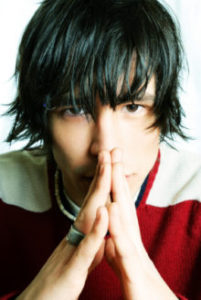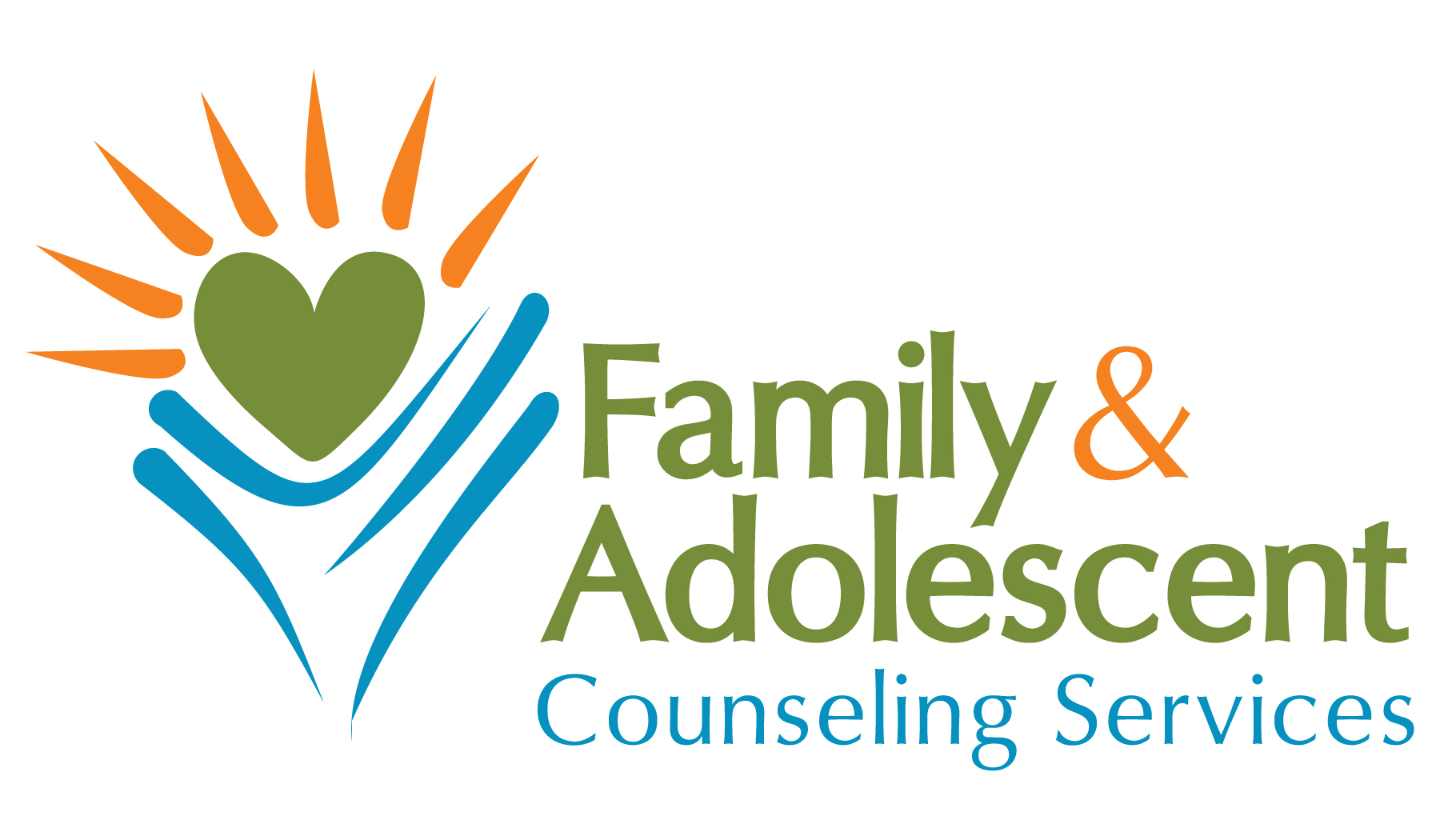$3.99

Phase I – Getting Started and Understanding Yourself
Phase I - Treatment for Sexually Abusive Youth (SAY)


Phase I - Treatment for Sexually Abusive Youth (SAY)
Family & Adolescent Counseling
2555 Enterprise Rd Bld 9
Clearwater, FL 33763
ALL SALES TAX AND VAT TAXES ARE INCLUDED IN THE BOOK PRICE. Dismiss
